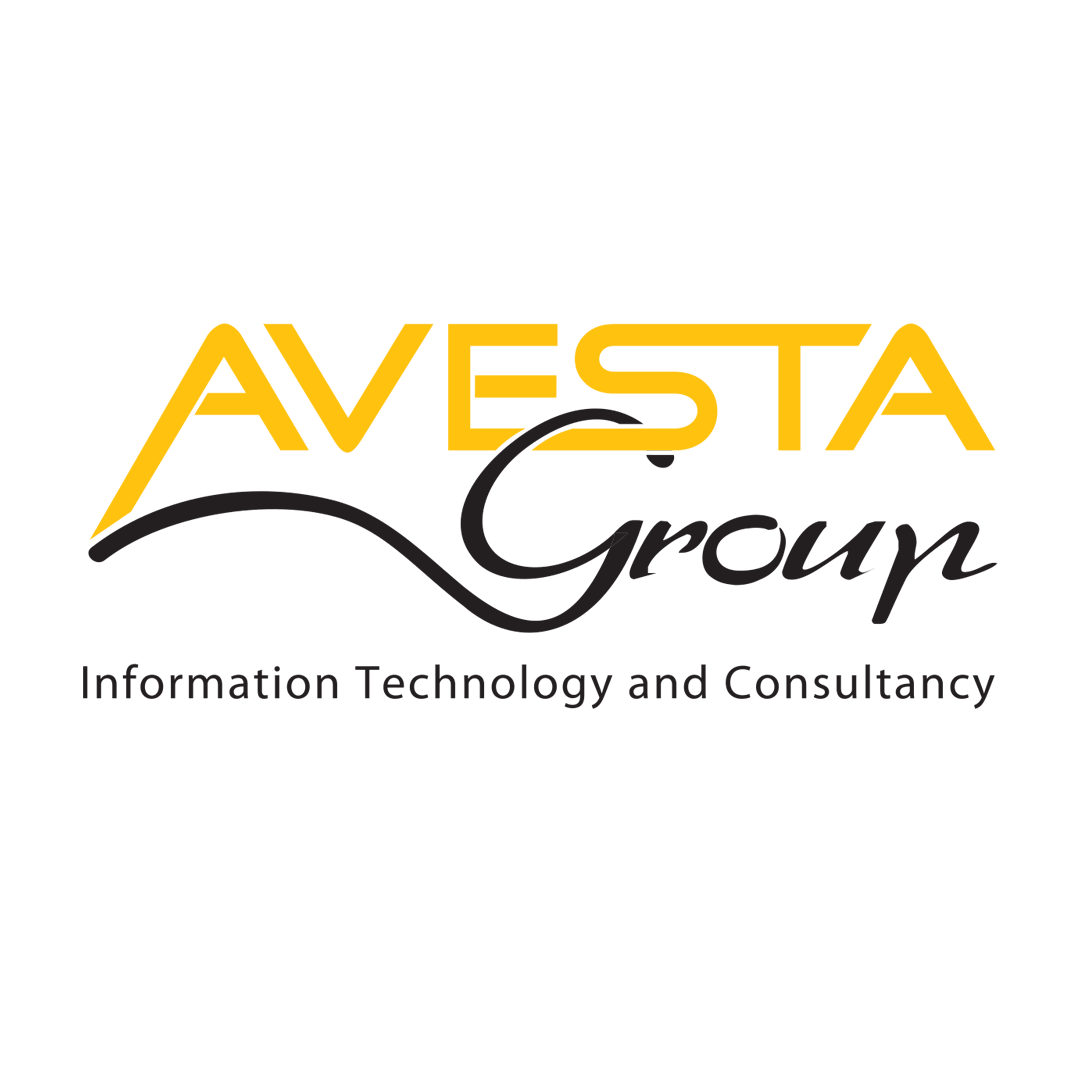

CMS, Content Management System, is a system that provides prepared website frames for users. In these systems, users can modify the frames to adapt them according to their demands, and they can create their own websites easily. The most prominent examples of CMS are WordPress, Drupa, Joomla, etc.
These systems help users to build a website very quickly with minimal effort. The process of building a website on these systems is straightforward, and it only requires few modifications on the level of the front-end to adapt the preferred design to the website. Although using these systems seems easy and practical, there are serious vulnerabilities that occur and worth mentioning.
1. Security vulnerabilities: Because these systems are open source, everyone has access to the code behind the building of the systems. Therefore, hackers can easily exploit security breaches inside them. This makes the websites on these platforms to be vulnerable to cyber-attacks. To overcome this weakness, CMSs regularly send patches to their users to fix any exploited breach inside them. However, these patches do not come easily and quickly. Most of the appropriate patches are not free, and users should pay to use them. Most of the time, users avoid spending extra money and ignore the most recent patches. Consequently, some of the websites would be highly vulnerable to attacks because they do not meet the system's most recent standards. Furthermore, in most cases, hackers have access to tools that automatically find vulnerabilities in the websites that do not have the latest patch, so the probability of being attacked is very high within these websites.
According to a statistic by WP White security, 73.2% of websites have been vulnerable to attacks from different WordPress versions. As it is mentioned, hacker possess special tools that automatically detect these vulnerabilities and attack those websites. The same source also points out that some of these vulnerable websites have been hacked in few minutes after their deployment.
2. Loading performance of the website: CMSs provide website frames for different sizes. Therefore, a massive amount of code is a writer to accomplish the demand of different user sizes. You might not needed for a small website, and in that case, your website would be burdened with codes and features that you do not use them. Therefore, your website would be normally slower than your expectation.
3. Support multi-Language especially Kurdish: You might want to build your Kurdish or Arabic website. This is a challenge for you because not every template on the CMSs supports Kurdish content alignment.
4. Restricted design frame: The prepared template does not come in a flexible form, which means you may be restricted to use a design, and you cannot entirely modify every aspect of the website. Furthermore, you might not find the exact feature you want, and it would be either too difficult or even impossible to get your desired features.
5. Complex management panel: Since CMSs are built for a different audience, the control panels that come with these CMSs are not easy and straightforward. This makes the process of adding and editing content challenging. According to our experience at Avesta company, CMSs users have struggled using control panels due to the complexity of the panel generally. The process of adding content is time-consuming in CMSs, and news agencies have always struggled to add urgent news to their website. Overall, CMS users need to take training sessions and comprehensive instructions to be familiar with every aspect of the control panel of CMSs.
Conclusion
We want to deliver
in this article that CMS are not entirely wrong or impractical. Hundreds of websites are built on these platforms, and they function
continuously. However, what we want
to point is the lack of best practice
methods for using CMSs. CMS websites
require continuous monitoring and
updating. Unfortunately, in our
region, the public lacks the professional manner of using CMSs; therefore, CMS websites are in their worst
state due to the lack of regular monitoring and updating. They are vulnerable to various attacks and problems.
We, at Avesta Company, avoid using CMS to serve our customers. We have come up with a better solution that meets the expectation and skill levels of our customers. The ideal that we provide is custom development. In the custom development process, all your website parts are built from scratch based on your demand. Therefore, your website would lack any additional or unnecessary features, and it guarantees a safe and fast website in the production environment. Finally, we want to say that we make websites to fit your content, not fit your content to the website. This is very similar to going to a tailor to get a cloth that perfectly fits you instead of buy off the rack clothes.
